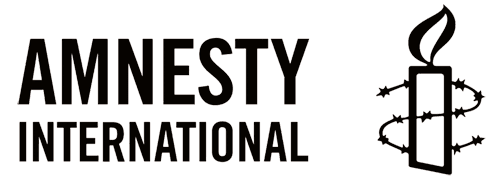Avustustyöntekijä Peter Dahlin pidätetty Kiinassa. Tapaamiset estetty. Vaadi tapaamista lakimiehen kanssa. Vastaa VETOAN RUOTSI NIMESI numeroon 16499. Viesti maksaa 90snt.
Peter Dahlin, a Swedish national, was detained in Beijing on 3 January while on his way to the airport. He is a co-founder of the Chinese Urgent Action Working Group, an NGO that has worked in China since 2009 to promote the rule of law through legal trainings and public interest litigation. The Chinese Ministry of Foreign Affairs confirmed on 13 January that he was detained on suspicion of “endangering national security”.
The Swedish embassy has requested to visit Peter Dahlin, but the authorities so far have denied any consular requests and access to his family or legal counsel. The Chinese Ministry of Foreign Affairs also announced on 13 January that he would be allowed to receive consular visits, although it is unclear whether such visits have taken place yet. China is a party to the 1963 Vienna Convention on Consular Relations, which gives consular officers the right to be informed of any detention of their nationals without delay (if so requested by the detainees), to freely communicate with their nationals, have access to them, and arrange for their legal representation; and to visit their nationals in detention.
Peter Dahlin has been diagnosed with Addison’s disease, which requires daily medication. If the disease is left untreated, the results can be fatal. The Chinese authorities have said that they are providing medication, but without consular visits and access to family and lawyers, there is no way to confirm this. According to the UN Standard Minimum Rules for the Treatment of Prisoners (Nelson Mandela Rules), as revised in 2015, places of detention must provide adequate medical care to prisoners without discrimination, or facilitate their transferred to specialized institutions or to civil hospitals if necessary.
The detention of Peter Dahlin takes place within the context of an unprecedented crackdown on human rights lawyers and their associates, over 250 targeted, and 23 currently in police custody, with nine being formally arrested.
During the past year, China has enacted or drafted a series of sweeping laws and regulations under the pretext of enhancing national security. The National Security Law, enacted on 1 July, includes a broad and vague definition of “national security” that comprises areas such as politics, culture, finance and the internet.
Of particular concern is the draft Foreign NGO Management Law, which if enacted in the form presented for public consultation in May, would give the authorities – especially the Ministry of Public Security and the police – wide discretion in overseeing and managing the work of NGOs, and raises the risk that the law could be misused to intimidate and prosecute human rights defenders and NGO workers. The draft law would severely restrict the rights to freedom of association, peaceful assembly and expression.
While the law was ostensibly designed to regulate and even protect the rights of foreign NGOs, it would also jeopardize the activities or existence of numerous organizations that are advancing the realization of economic, social, cultural, civil and political rights of people in China. Amnesty International has urged the Chinese government to withdraw this draft, or introduce a new draft that is compatible with China’s human rights obligations.

